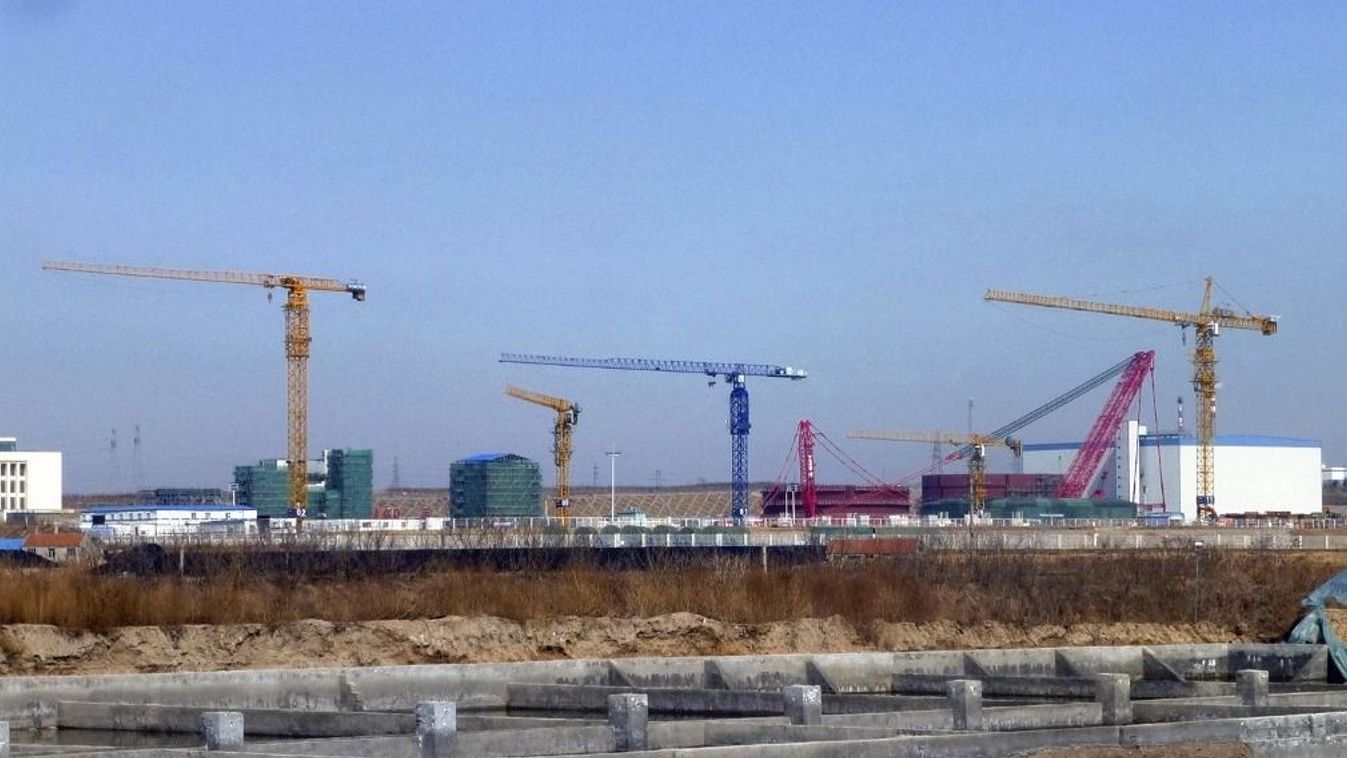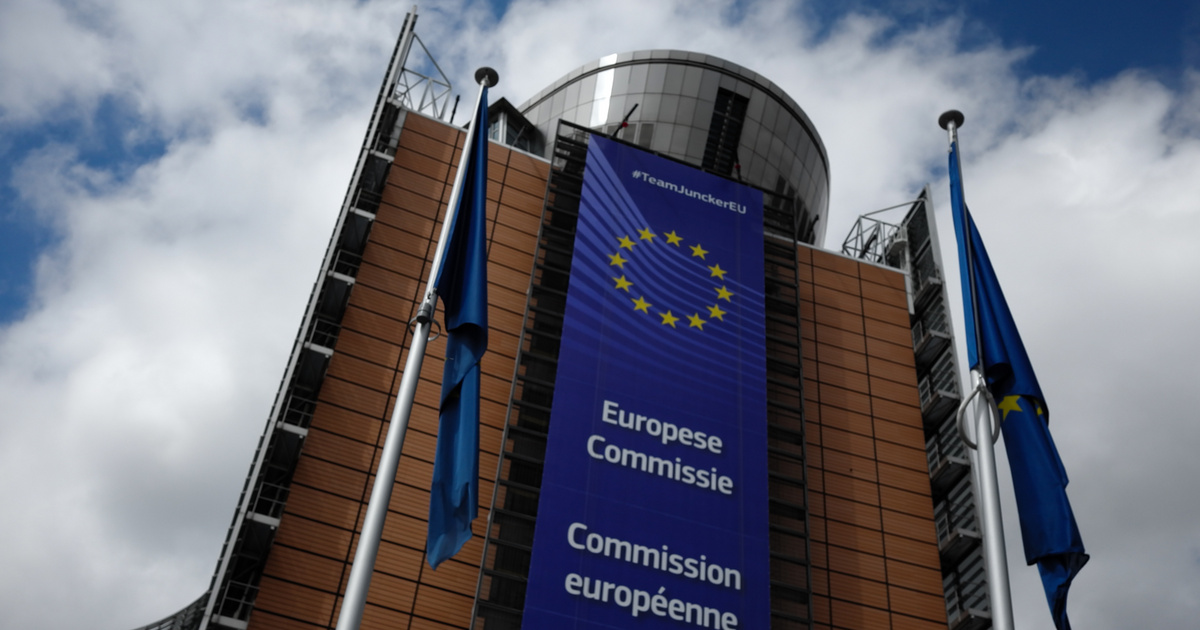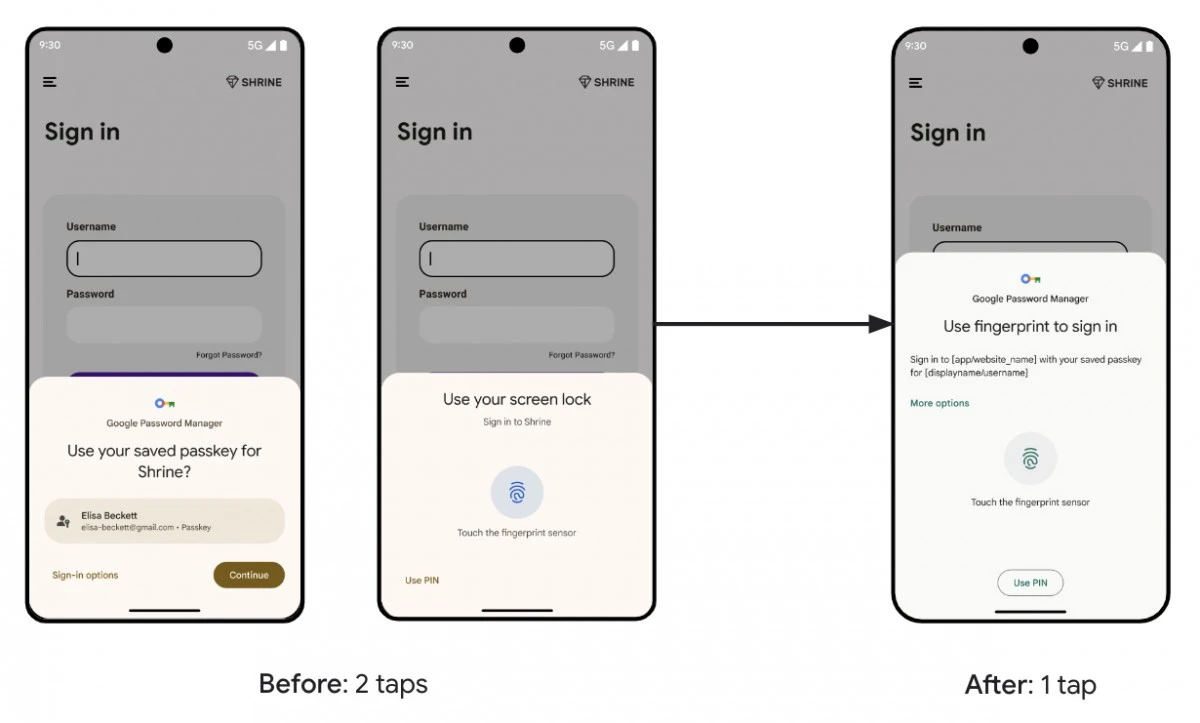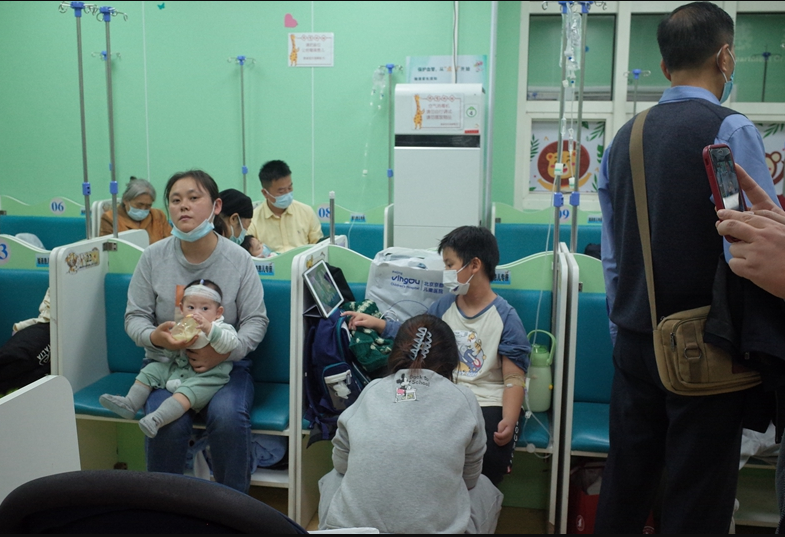The recent pneumonia outbreak in China raises critical questions about the reliability of the data being reported and the actual extent of the crisis. With clinics reportedly being overrun, there is a growing concern about the actual number of affected individuals. The ambiguity of reports coming from China poses a challenge in assessing the severity of the situation and determining the response required at a global level.
A Call for Verification
Dr. Ashish Jha, the former White House Covid-19 response coordinator and now the dean of the School of Public Health at Brown University, emphasizes the importance of a cautious approach towards the data from China. Echoing President Reagan’s famous “trust but verify” stance, Dr. Jha suggests that while it is crucial to review the information released by China, there must be independent verification systems in place. This includes analyzing traveler data to monitor if there are any discrepancies or alarming trends that could indicate a larger issue.
U.S. Response and Vigilance
In response to the outbreak, the U.S. has been vigilant in cross-referencing Chinese reports with its own data sources. The U.S. health system is actively monitoring the situation through various channels, ensuring that any potential threat is identified and addressed promptly. This approach is vital in ensuring preparedness and an effective response, should the need arise.
Public Health Experts’ Perspective
Despite the concerns about China’s transparency, public health experts like Michael Osterholm are not seeing significant red flags regarding this pneumonia outbreak. According to Osterholm, the current situation in China aligns with what would be expected in terms of infectious diseases. The resurgence of familiar pathogens such as influenza, mycoplasma, adenovirus, along with some Covid cases, suggests that the outbreak might not be as alarming as initially feared.
Balanced Concern and Global Preparedness
While the pneumonia outbreak in China warrants attention and cautious monitoring, it is crucial to balance concern with evidence-based analysis. The current observations by health experts suggest that the situation, although serious, may not be extraordinary in terms of global health risks. However, this scenario underscores the importance of global preparedness and the need for transparent, accurate reporting in managing infectious disease outbreaks. The U.S. and other nations must continue to verify independently and prepare for any potential spread while working towards a better understanding of the health challenges emerging from China.












































